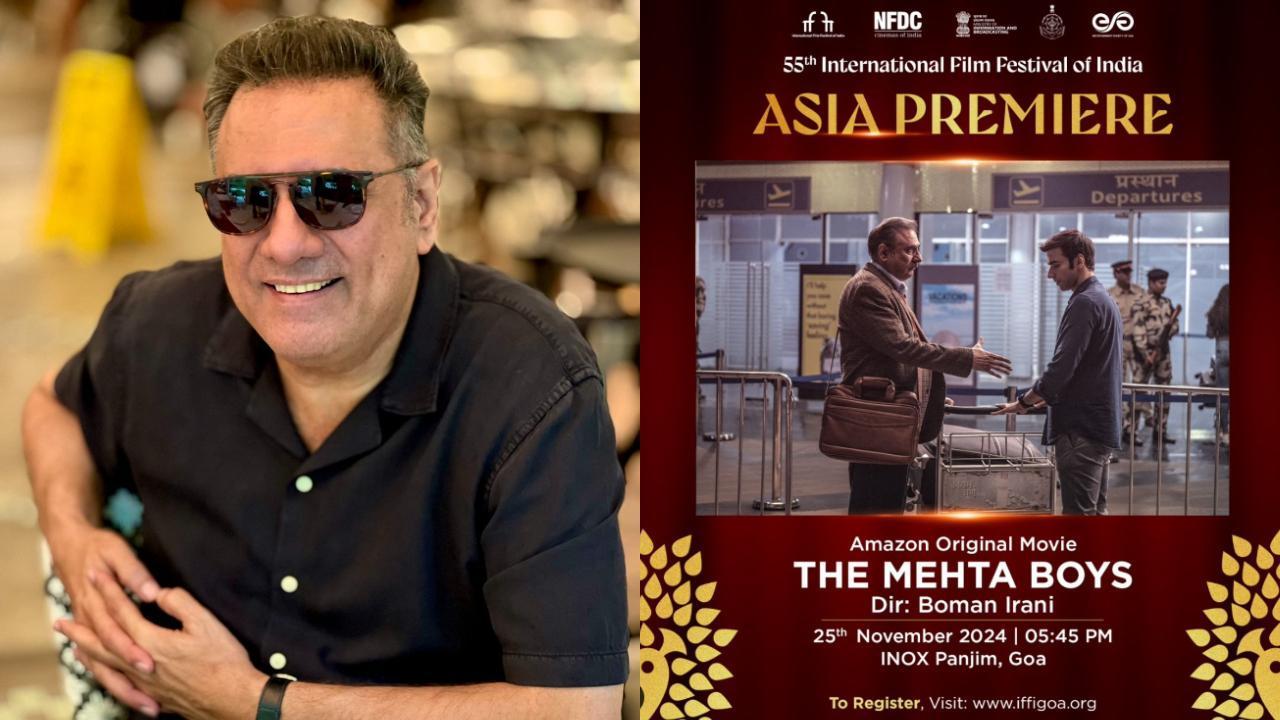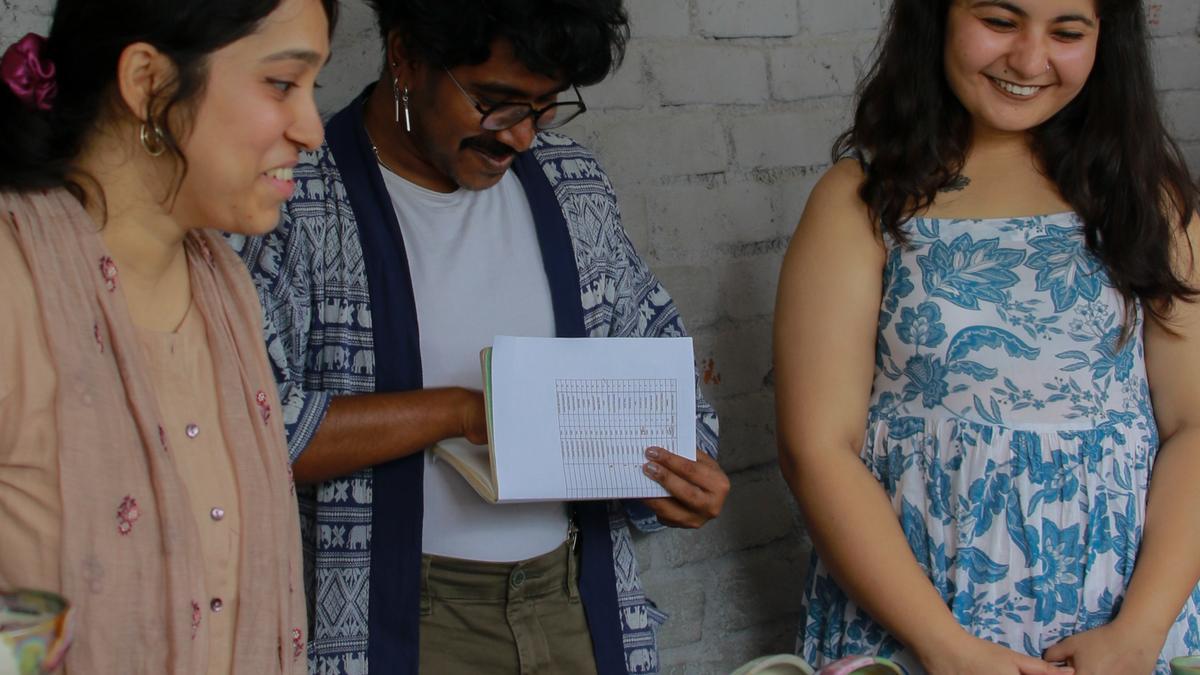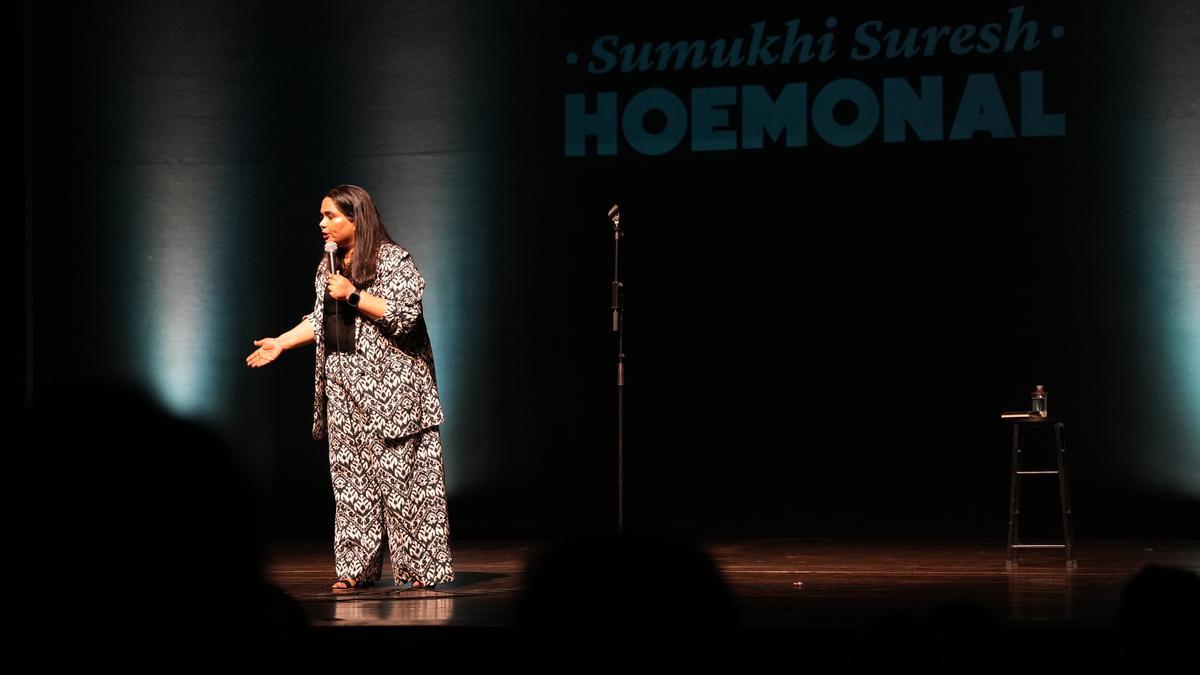
Films are no strangers to stirring the pot of political discourse, and occasionally, some movies don’t just attract attention; they ignite full-blown controversy. A recent example is the furor over “The Kerala Story,” a film that has found itself at the crossroads of acclaim and condemnation during a critical and divisive election period in Kerala.
In a move that has reverberated quietly yet significantly through the state’s understated election campaigns, the Syro-Malabar Church in the Idukki diocese has taken a bold step. The institution made it compulsory for Catechism students to watch “The Kerala Story,” a movie that has been labeled Islamophobic by various critics. The church’s controversial endorsement of the film has not escaped notice and has become a matter of heated discussion on social media and within mainstream media circles. However, it oddly remained a topic skated over in public election rhetoric.
The backlash did not solely focus on the film itself but expanded to include the Church’s apparent agreement with the contentious “Love Jihad conspiracy theory” promoted by the Sangh Parivar. This term refers to a hypothetical situation wherein Islamist groups supposedly target young, impressionable non-Muslim women for conversion to Islam under the guise of love and marriage. Adding fuel to the fire, the Church distributed a cautionary handbook, alerting readers to the dangers of what it claimed was an Islamist endeavor to befriend and recruit young Christians for jihadist activities.
The reaction from political parties has varied, with the Bharatiya Janata Party (BJP) seemingly pleased with the development. The party appears to believe that the emotional resonance the film has with non-political Hindus and Christians could tilt the electoral balance in its favor, which could play a strategic role in the voting outcomes.
On the other end of the political spectrum, the Communist Party of India (Marxist) (CPI(M)) and the Congress took a more cautious approach. Both parties rebuked the messages propagated by the movie but refrained from directly criticizing the Church. The silence from these parties is telling, possibly indicative of the complex interplay between religious establishments and political entities in the region.
The resonance of “The Kerala Story” is not to be underestimated, for it speaks to a larger narrative within the country—a narrative of communal tensions and the politics of resentment that can deeply influence the body politic. Kerala, in many ways, acts as a microcosm for the nation’s broader challenges, where the interweaving of religion and politics can yield unpredictable and far-reaching consequences.
It’s in this political context that “The Kerala Story” has become more than just a movie. It’s a tinderbox, igniting discussions on freedom of expression, the role of art in society, and the interplay between religion and politics. In such a volatile election season, every action and every endorsement are magnified, dissected, and debated in the public arena. As Kerala gears up for the General Elections of 2024, the implications of this film’s reception, and the Church’s involvement, may have lasting effects that extend far beyond the cinema hall.
The immediate impact of this issue on the election results remains to be seen. Still, what we can discern is that in Kerala’s vibrant, diverse, and politically charged environment, movies can become more than just entertainment; they can become influential political statements and tools. Whether “The Kerala Story” will become a footnote in Kerala’s electoral history or a pivotal turning point remains in the hands of the voters and the unfolding ramifications of this highly charged political drama.










